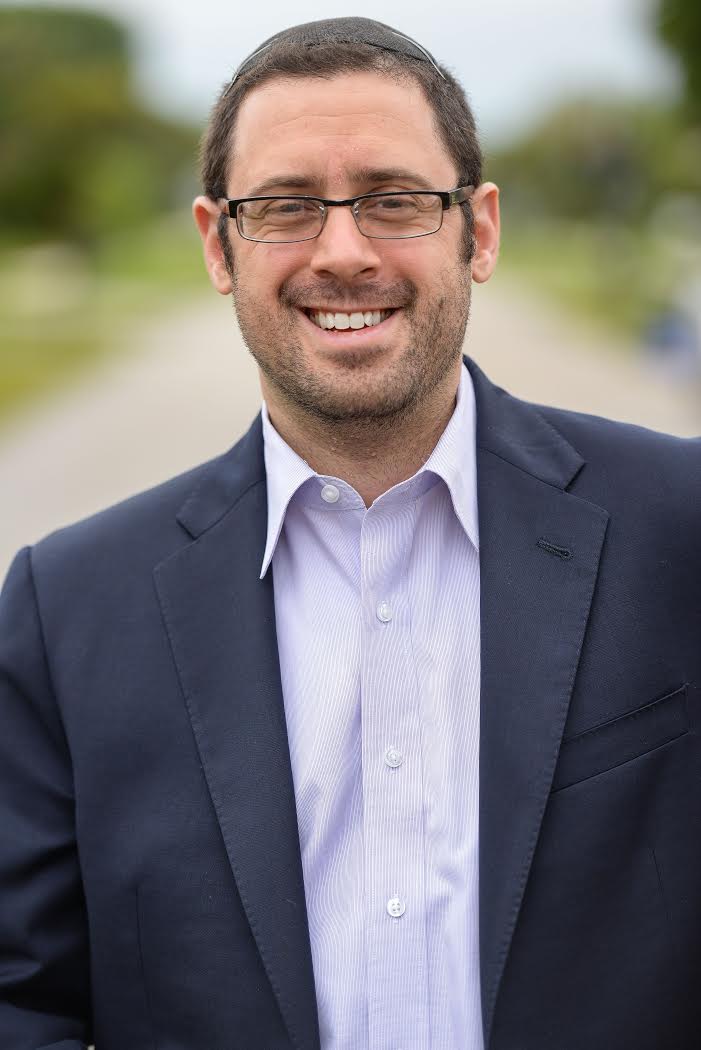Welcome to Leaf Mentoring
Dr. Kranzler’s training, education, experience, research and proven track record of success in implementing mentoring programs makes him uniquely qualified to solve student, school, university, business and organizational needs.
Dr. Kranzler is an expert in the field of Mentoring and has been involved in the field for more than a decade. He has been a mentor for the last 15 years, starting his work in the mentoring program of the Federation of Baltimore. He has also worked in mentoring programs focused on inner city youth in Manhattan through the Jewish Board of Children and Family Services and completed graduate training in the mentoring arm of Project Y.E.S. in Brooklyn, New York.
Continuing his mentoring work in South Florida, Dr. Kranzler received training from Dr. Susan Weinberger, a recipient of a Volunteer Action Award from President Bill Clinton, for her work in mentoring. Under her guidance he conducted his first successful school-based mentoring initiatives and currently continues to independently implement mentoring and bullying prevention programs.
In January of 2014, Dr. Kranzler completed and published his graduate dissertation that studied the impact of a mentoring intervention on the substance use and aggression of a homeless youth population. He has subsequently created multiple school-based mentoring programs, consulted at Covenant House of New York and at Johns Hopkins University’s A-Level Capital Venture Fund.
I was wrong.
By the end of the first few weeks, daily behavioral disturbance reports were piled high on my desk. Teachers and parents reported academic underperformance by unmotivated students. Exclusion, bullying behavior and verbal and physical conflict were constantly present in one form or another.
What became patently clear to me in those first months was that punishment was not the answer. While rules and consequences are instrumental to a well functioning school, all the detentions and suspensions in the world could not fundamentally solve any the underlying issues that the students faced.
Instead of spinning my wheels, I decided to radically change my approach to negative behavior. Instead of addressing behavioral issues as a disciplinarian, I saw an opportunity to meet challenges with a strength-based approach. I decided to bet on mentoring, on implementing a comprehensive program which would build self-confidence and motivation that would, in turn lead, to the decreases in negative behavior.
Although by that time I already had training, experience and was conducting research in the field of mentoring, I found that there was little written about truly school based mentoring programs. From my research, I knew that you couldn’t just put together any program and that poorly constructed mentoring programs not only didn’t help, they produced significantly negative results. So I reached out to a colleague of mine, Dr. Susan Weinberger, whose expertise in mentoring was not only expressed in her consulting work and books, but was recognized by the award of a Volunteer Action Award by President Bill Clinton.
Under her guidance I constructed two mentoring programs and the results that I found utterly blew me away. Discussed more in depth in our Results section, I found that after only three months we had significantly reduced behavioral disturbances, and improved academic performance, self esteem, peer relationships, home life and feelings of connectedness to school for the students in our mentoring programs. The changes were overwhelming.
I knew that I had to expand what I had accomplished. I knew that my purpose was to promote and establish mentoring programs in schools to help students and schools thrive.
However, over time, I also came to realize that the effectiveness of mentoring programs was not limited to schools. In the course of successfully providing mentoring consulting services to institutions like Covenant House of New York and Johns Hopkins University’s Venture Capital Firm, it became clear that my mentoring protocols could be implemented in multiple settings such as community organizations, college campuses, businesses and faith-based organizations.
Mentoring is our priority, but we need you to bring us to the people who are your priority.
- Are you in a position of authority in an educational or organizational coalition?
- Are you a parent or a grandparent who knows your child’s school could benefit from this kind of program?
- Are you a staff member at a community based organization who wants to add value to the services you provide?
- Are you a successful professional looking to make your mark on your community or on your alma mater’s campus?
- Are you a leader in your business, organization, school or university?
Regardless of who you are, call us at 800.755.3717 and find out how you can join Leaf Mentoring in providing mentoring to those who can benefit from it the most.
